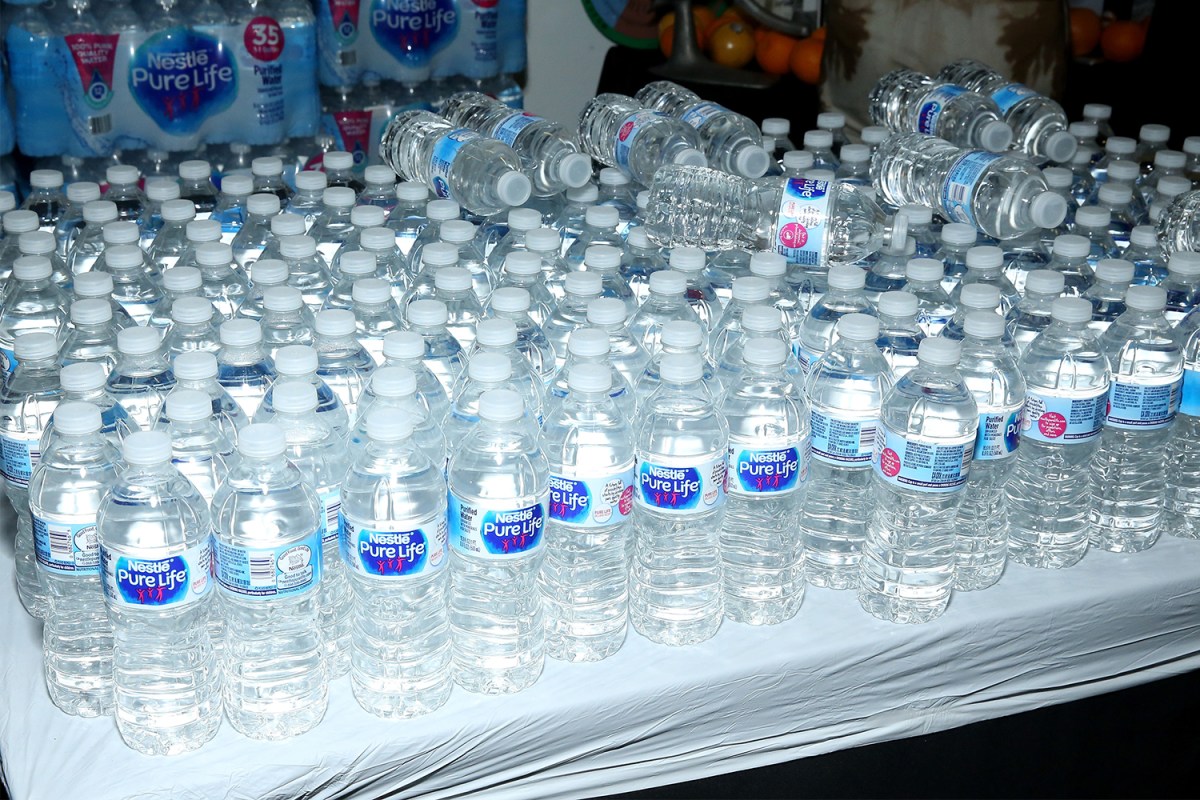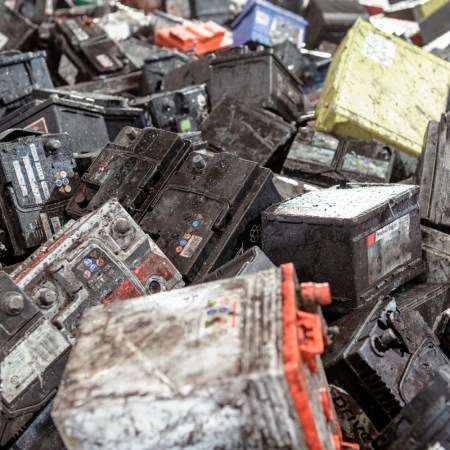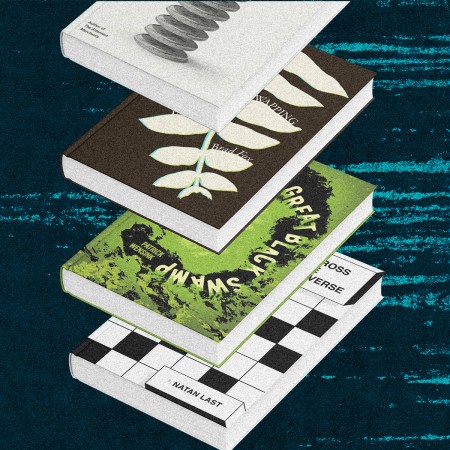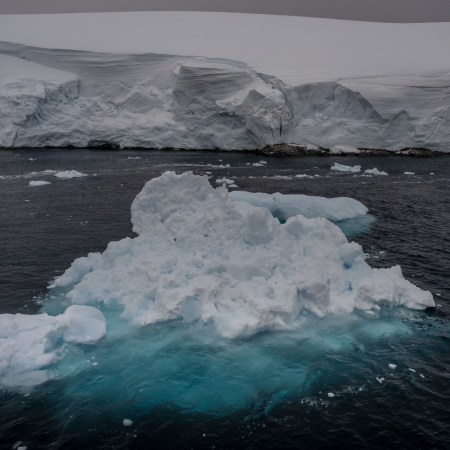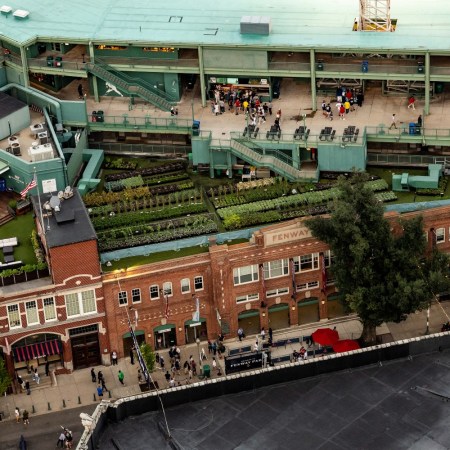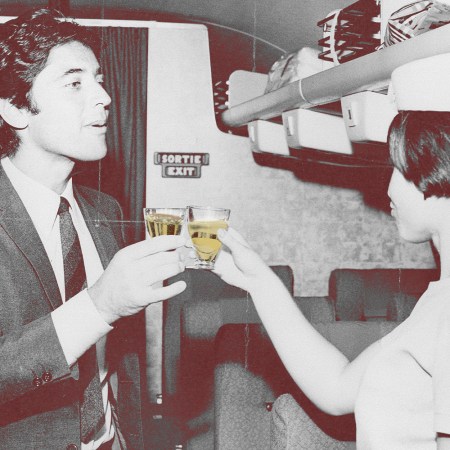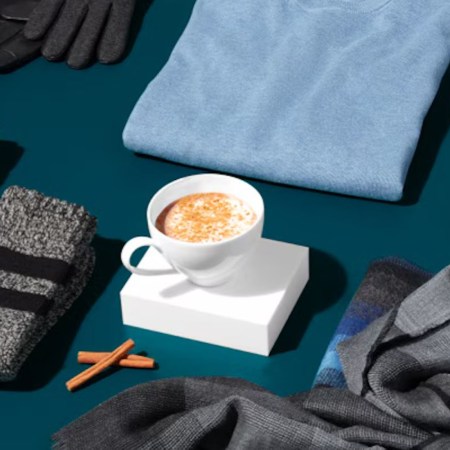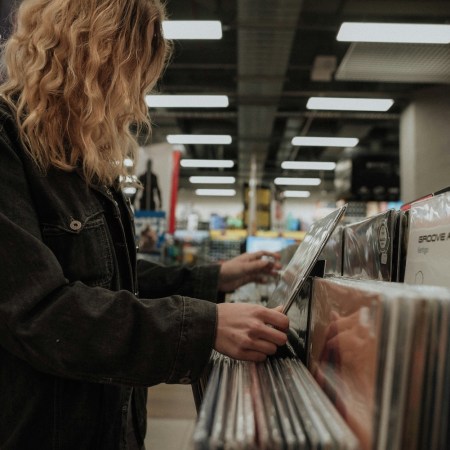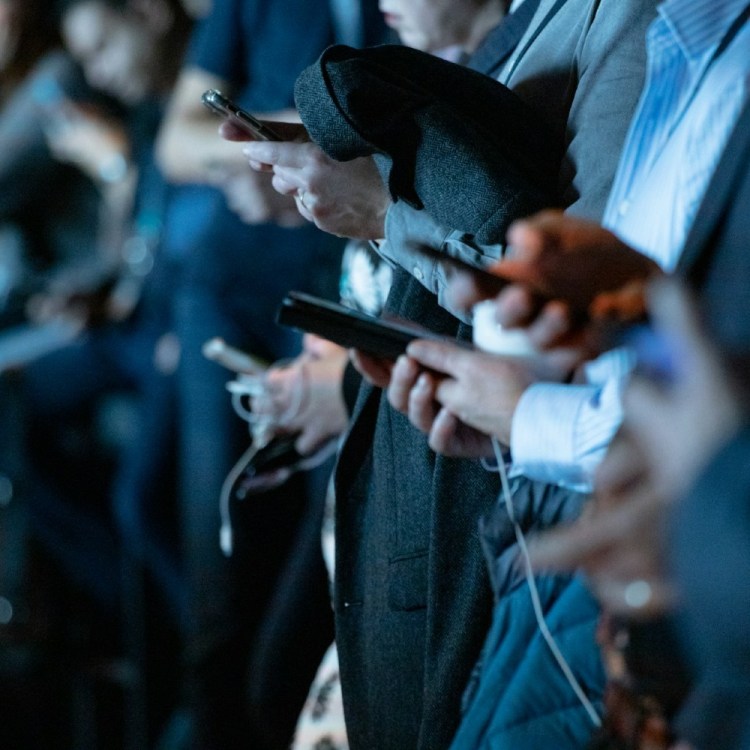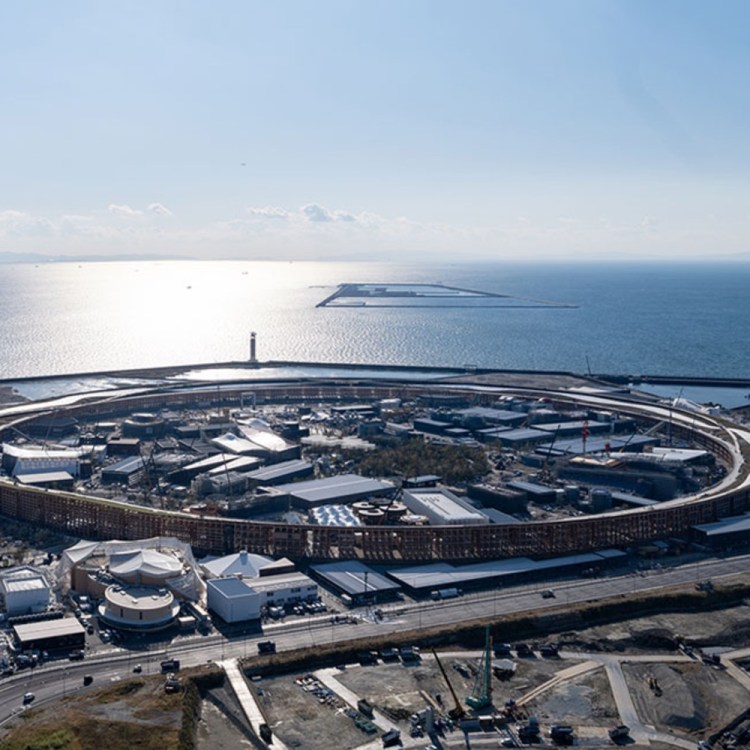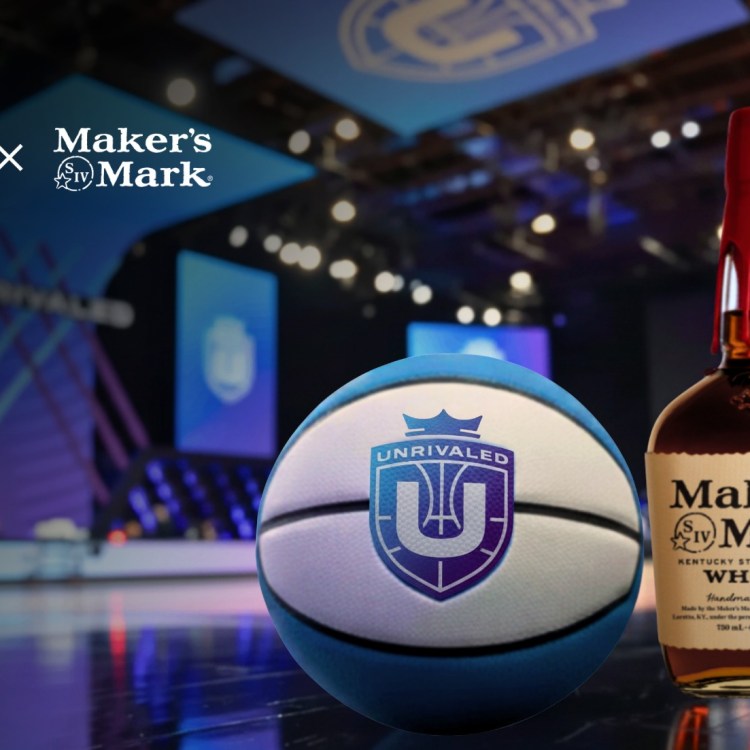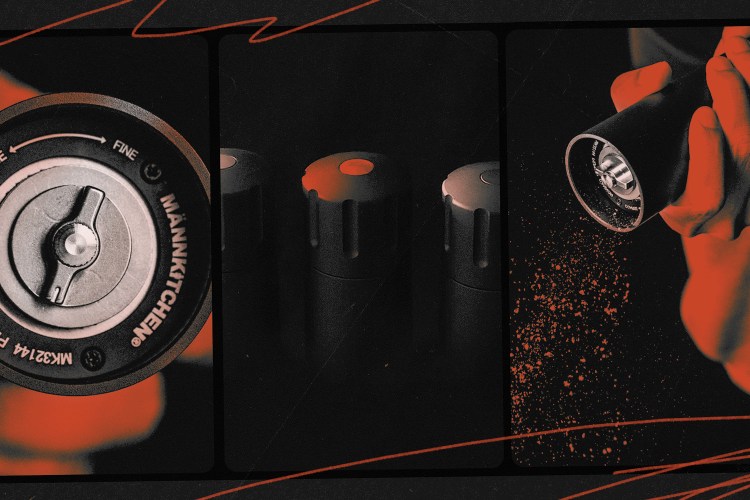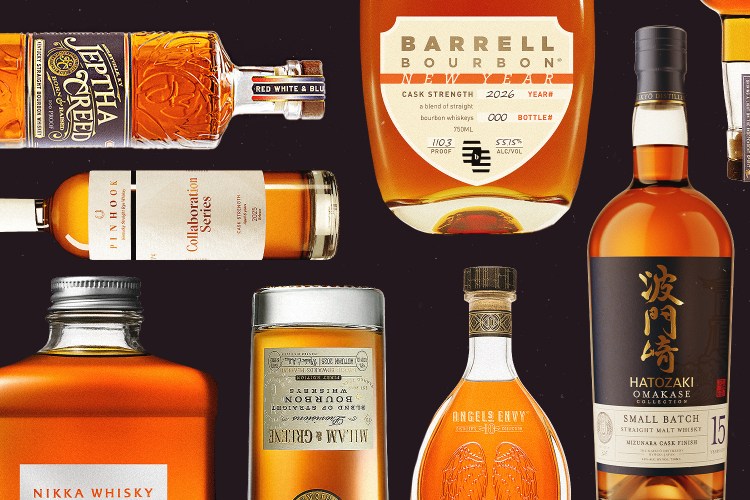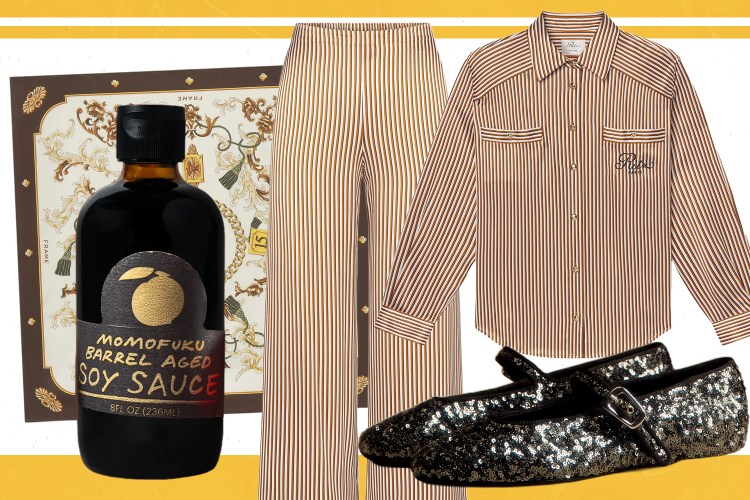A bottle of Arrowhead water seems harmless enough. The packaging for the Western U.S. brand includes the text “A Local Favorite,” and the website touts the benefits, from the way they source water “to the recycled plastic.” But the truth is, it is just one of 51 brands owned by Nestlé Waters. In a new feature, The Guardian reveals how the Swiss conglomerate is exploiting America’s freshwater supply and selling it back to citizens in plastic bottles.
When you grab one of said plastic bottles, have you ever considered where the water inside comes from? If you knew, you might fill a glass at the tap instead. The Guardian runs through a list of rivers, creeks, wells and other freshwater sources in America where Nestlé draws its water, often for cheap, with the help of affiliated regulators and to the detriment of local communities.
For example, there’s Strawberry Creek in California which sits on federal land. According to The Guardian, Nestlé paid “practically nothing” to access it, drew 45 million gallons for the Arrowhead brand in 2018, and now conservationists are warning the area is drying up as a result. Meanwhile in Maine, Nestlé has employed a multifaceted campaign including goodwill-inducing local donations, big-time political donations and Facebook ads to push its water extraction agenda. It’s paying off — the state supreme court recently ruled in Nestlé’s favor in a dispute over the company’s deal to take 75 million gallons a year from a well in the town of Fryeburg … for the next 25 years.
Of course, Nestlé paints these efforts in a different light. “It presents itself as a responsible steward of America’s water and an eco-friendly ‘healthy hydration’ company aiming to save the world’s freshwater supply,” writes The Guardian. “It calls itself a job creator that invests heavily in local municipalities and says it bottles a minuscule amount of the nation’s water.”
That doesn’t address the global pollution of single-use plastic, but Nestlé itself does admit its current plan to stop its own environmental destruction “is not enough.” The obvious solution, to significantly curtail the $7.8 billion annual sales of its bottled water, is likely not on their list of potential steps.
The underlying question is summed up by The Guardian this way: “… should water be commodified and sold by private industry, or is it a basic human right?”
If private companies like Nestlé continue to gain control of freshwater sources, Americans may not get a say in the matter.
Subscribe here for our free daily newsletter.
Thanks for reading InsideHook. Sign up for our daily newsletter and be in the know.
